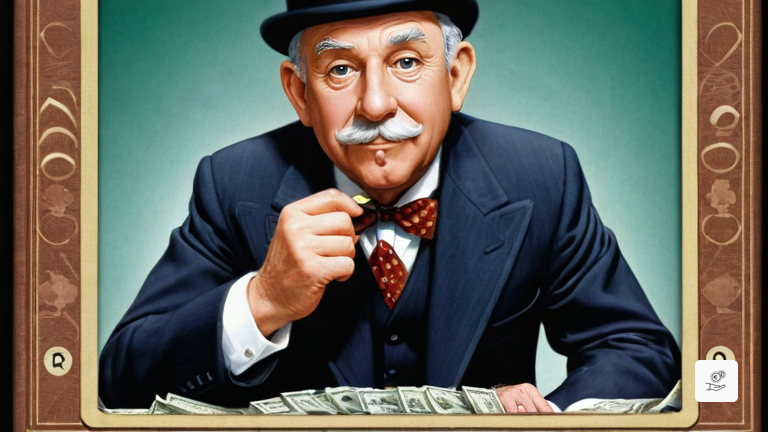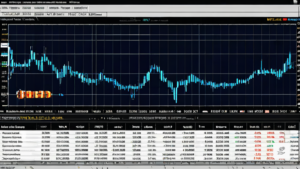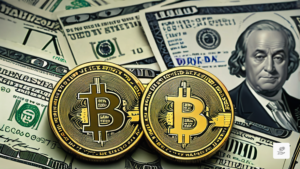The Legacy of Albert H Wiggin in the Banking Monopoly

The Rise of a Banker
Albert H Wiggin emerged as a quintessential figure in the world of banking, embodying the essence of traditional banking practices. His entry into the banking realm dates back to June 1899, where he assumed the role of vice president at the National Park Bank in the bustling city of New York. Within a mere 12 years, Wiggin ascended to the prestigious position of the bank’s president, marking the beginning of his influential journey.
The Wall Street Era
The era of the Roaring ’20s witnessed a significant shift in Wall Street dynamics, with a growing awareness among financial professionals and the general populace regarding the monopolistic control exerted by powerful investment conglomerates. During this period, conventional investment strategies such as coattail investing and momentum investing gained prominence, masking the underlying lack of transparency and prevalence of manipulative tactics. The unsuspecting investors, riding on these apparent success stories, soon realized the harsh reality of hidden agendas and deceptive market maneuvers.
The Unveiling of Deception
As the market soared to unprecedented heights, the facade of prosperity began to crumble, revealing the true nature of the orchestrated schemes. The fateful events of October 1929 served as a stark reminder that the illusion of prosperity was merely a smokescreen concealing the impending financial turmoil.
Albert H Wiggin’s Controversy
Following the market crash, a wave of public discontent and resentment swept across the financial landscape. Albert H Wiggin, the esteemed figure at Chase National Bank, found himself embroiled in a storm of controversy when it was unveiled that he had engaged in short selling 40,000 shares of his own company. This act of self-betrayal raised ethical concerns, akin to a boxer betting against oneself, thus compromising the integrity of his position.
Wiggin’s strategic maneuvers, cloaked under the guise of family-owned corporations, not only raised eyebrows but also led to substantial gains during the market downturn. Despite the legality of such actions at the time, the public outcry prompted Wiggin to renounce a substantial pension offered by the bank, signifying a moral awakening amidst the prevailing chaos.
Regulatory Repercussions
The fallout from Wiggin’s controversial practices reverberated through the financial sector, prompting legislative amendments to curb insider trading and unethical conduct. The 1934 revision of the Securities Act, dubbed the ‘Wiggin Act,’ stood as a testament to the enduring impact of Wiggin’s actions on financial regulations.




